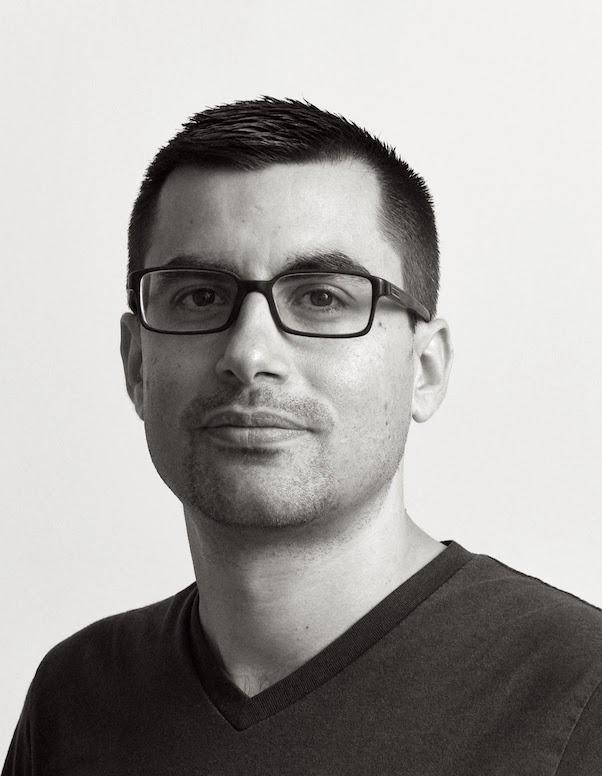I Found Compassion & Hope… in Prison
Last Thursday I took a day off and jumped on a bus headed to California City Correctional Center. I was part of a group of investors and entrepreneurs participating in a business pitch competition and graduation ceremony for aspiring entrepreneurs — who also happened to be incarcerated. These ninety-four men had worked for months, taking classes, preparing business plans, and polishing pitches as participants in Defy Ventures’ entrepreneurship training program for incarcerated people.
Gil Scott-Heron — The Bottle
I have to admit I was a bit anxious at the beginning of this journey. I was worried it might turn out to be a “feel good field trip” for privileged tech scene members. I didn’t want to experience a show put on to make me feel as though I was giving back. I was concerned things would quickly turn into sensationalism and objectification of black and brown people. To be very frank, for a good part of the program, I was still very skeptical.
But then I realized that while the event was as perfectly orchestrated as a well-choreographed TV show (timed segments, queued up music, MC routines), the men in front of me, their emotions and their experiences were very real. It suddenly hit me, the reason everything was “staged” was to facilitate human connections in a very short amount of time. Both the Entrepreneurs in Training (EITs) and the volunteers had their own preconceived ideas, expectations and anxieties about engaging with each other, and every aspect of the event was designed to break down those barriers and facilitate deeper connections.
As I got to know these guys, I realized there was something very special about them. Something beyond the way they looked, beyond their criminal past, beyond the fact that they were making themselves vulnerable and allowed themselves to cry. All these men had something in common, something a lot of us have struggled to hold on to since November 8th, 2016: hope. Most of them aren’t getting out anytime soon, yet they had toiled for months refining very well thought out business plans. They organized their thoughts and ideas, prepared their pitches and learned them by heart, even with the knowledge that, for most of them, the ability to bring those plans to life is at best a distant dream.
It’s their deep sense of hope that makes me sure that even the messed up society we are living in won’t be able to stop them once they are out. These men are able to see beyond racism, classism, biased and the unfair judiciary system. They are able to see beyond their sentences, their regrets, the pain they caused and their underdog status. What they see is so great it gives, them a glance at peace and happiness.
“What else do you have if you don’t have hope?” — Michelle Obama
These men acknowledge their crimes and the consequences they bear. But as a society, are we sending our parents, brothers, sisters, friends and loved ones to prison to be punished or rehabilitated? The reality is that those in charge of the judiciary system don’t send their own family, friends or loved ones to prison. When those being processed in the system don’t look like your friends or family, it is probably easier to see punishment as an appropriate solution.
Nonetheless, the men I met managed to find hope. To me, that was a shock. And my shock made me wonder if maybe deep down, I had given up on them before even entering the prison. What they taught me is that I have no right to lose hope because of the political climate and the anger of people around me. If they can defy the odds and are able to dream again, we all can.
In a day in age when fear is being leveraged to drive wedges between us and fuel hate, I was also reminded of how hope naturally leads to compassion and kindness. The prison is segregated by ethnicity: black, latino, white and others inmates are isolated. Yet the graduating group was mixed, and they were truly supportive of each other. When we shared difficult memories, you could feel, hear and see the support of people around you. Hugs, pats on the back and handshakes were given in multitude and in a non-discriminatory way.
During the pitch competition, as participants were eliminated from round to round, not a single person complained or had a frown on his face. To the contrary, they all cheered for the EITs who made it to the next round. I’ve honestly never experienced that. Take a group of founders, VCs, and engineers and make them go through the same process. I can guarantee that you’d see quite a bit of drama, and not nearly as much empathy and support.
As the graduation event wrapped up, the family of an exceptional EIT named Timothy was told that he would be released that night. The other EITs cheered so hard for him, without envy or jealousy. They wanted him to start living his dream. They believed in his success, and he was their ambassador. I thought to myself, “these are the kinds of leaders we need — people who lead by example and inspire others.”
That night, when Timothy passed the prison gate, he was accompanied by his mom and a friend. He also carried with him the hope and selfless encouragement of his fellow EITs and Defy team.
—
Acknowledgments: I can’t recall the first person who introduced me to Defy but thank you! I’m grateful for having been a part of this experience. Thanks Defy Ventures staff, Mark Suster and Upfront Ventures for putting this event together. Thank you also to Laura Gómez, Heidy Vega, Hamet Watt, Laura Zax and Juan Pablo Buriticá for their reviews and advice.
